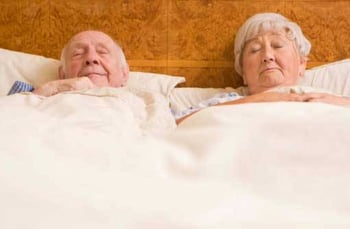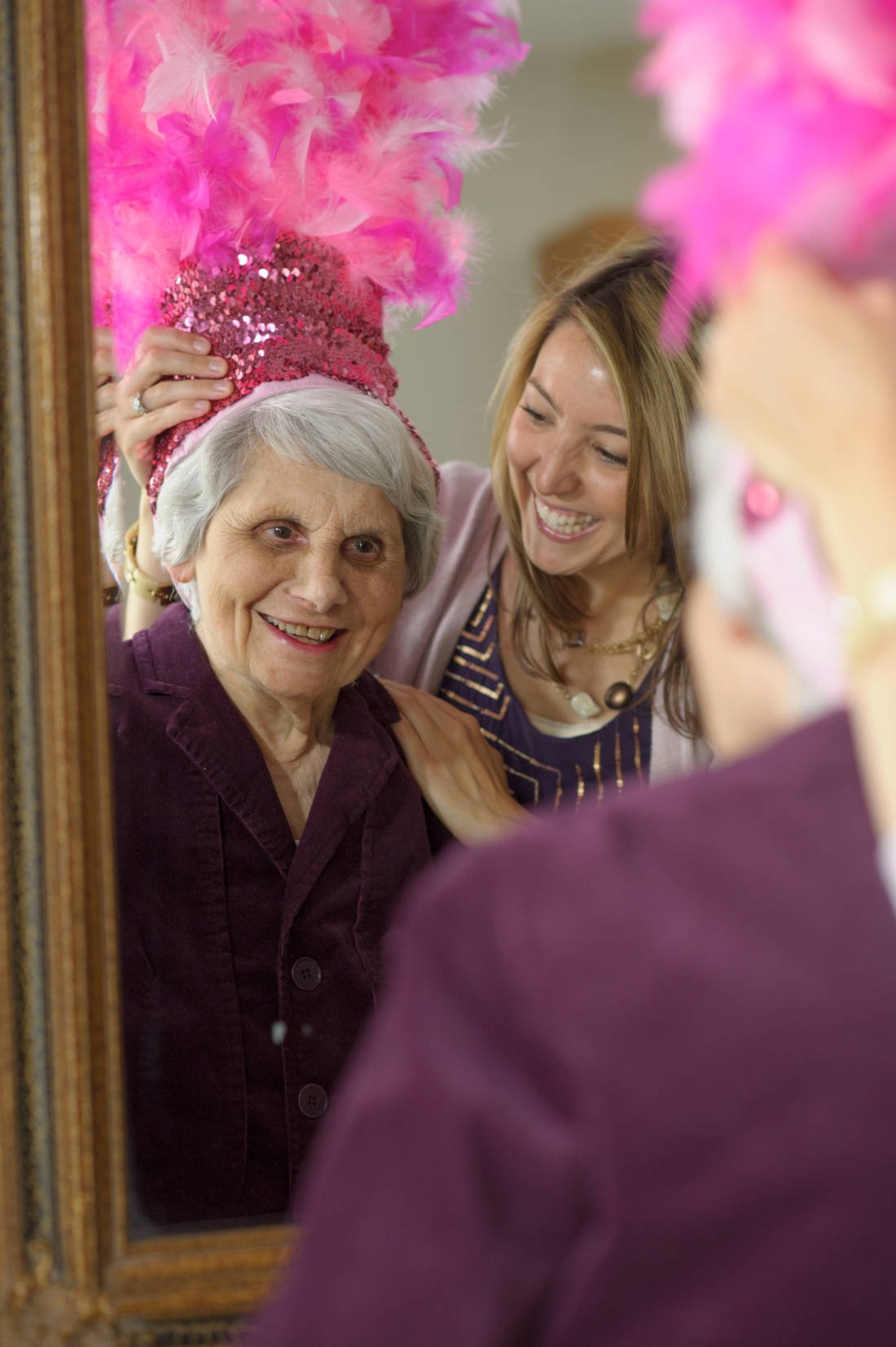What Every Caregiver Should Know About Sleep and Aging
 When did it become some hard to get a good night’s sleep?
When did it become some hard to get a good night’s sleep?
The harsh reality for all of us, including caregivers and their loved ones, is that as we get older we face greater challenges to getting a good night’s sleep. For many older adults, this reality is a source of great frustration and struggle. While there may not be a “quick fix” for your aging loved one’s sleep problems, here are a few things you should know about sleep and aging….
Sleep as We Age
Sleep experts tell us that sleep patterns change as we age. Our brains tend to be less efficient and capable of producing hormones such as melatonin that regulates our sleep and alertness during the day. Most people have a common misconception that sleep needs decline with age. This just is simply not true as we still require 7 to 8 hours a day even in advanced age. However, our ability to get into deep sleep is hindered and, consequently, we tend to have very fragmented periods, frequent awakening between sleep cycles, and experience shorter, more rapid changes in sleep stages. A common problem tends to be one of shifting our sleep patterns, such as going to bed earlier, yet, finding ourselves waking up earlier. People will often complain of being tired all the time.
Sleep Disorders as We Age
No matter what our age, sleeping well is essential to our physical health and emotional well- being. It helps to regulate hormones and rejuvenate our bodies. Sleep disorders as we age are most concerning, especially in the geriatric population. In this age group, sleep deprivation and insomnia lead to higher mortality risk, dementia, cognitive impairment, and risk to falls. Older adults are more likely to have health issues that disturb sleep. Sleep disorders such as apnea or insomnia are detrimental to breathing in older women causing greater risk to cognitive impairment. Many common drugs given to elderly for chronic illness can also adversely impact the quality of sleep. Coupled with physical and psychological stresses, the link is even greater.
Sleep Challenges and Dementia
Older adults with dementia or Alzheimer’s disease experience changes in the brain which can cause difficulty sleeping, nighttime wandering, daytime napping, shifting in sleep/wake cycles, and late afternoon/early-evening agitation referred to as “sundowning”. Disruption in circadian rhythms, our daily cycles of waking/sleeping and metabolism are worse with those who have Alzheimer’s. This can also adversely affect caregivers and their loved ones, contributing to stresses with sleep deprivation, and lack of energy.
Help for a Better Night’s Sleep
What can one do? The Alzheimer’s Association web site, alz.org, is an excellent place to become informed and learn more about managing sleep challenges and memory loss. Another reliable source is the National Sleep Foundation web site. Their recommendations always start with incorporating non-drug strategies to improve sleep. Work closely with a physician specializing in Gerontology and consult with an experienced physician specializing in Sleep Medicine. A team approach, with a caring family member’s involvement, can optimize the quality of life for a loved one suffering from sleep challenges and/or dementia or Alzheimer’s disease.
Happy Sleeping to all, and to all a good night!
Key Takeaways
- Sleep needs do not decline with age; older adults still require 7-8 hours of sleep.
- For aging adults, sleep disorders can cause greater health risks and should be addressed.
- Sleep challenges for individuals with Alzheimer’s or dementia can require additional support from caregivers and physicians.
- Become informed about managing sleep challenges and work closely with a professional team to help improve sleep for your aging loved one.
Many thanks to guest writer, Royce York, who is the Director for the Sleep Wellness Center at Griffin Hospital in Derby, CT. For more information about the Sleep Wellness Center and Griffin Hospital, visit http://www.griffinhealth.org/Sleep-Wellness.aspx. Royce York can be reached at 203.732.7574 or at ryork@griffinhealth.org.
About Marissa Salvesen
My journey into the world of senior living began when I started working for United Methodist Homes in 2010. Starting as an Activities Director at one of our award-winning assisted and independent living communities and then transitioning to Marketing and Promotions Manager for UMH, I now work as the Manager of Mission Development, fostering the Mission and Values of our organization. I love sharing stories about the many ways we build meaningful relationships and enrich the lives of those we serve, and am proud to be part of building UMH’s 140-year legacy of caring. Wondering what makes our communities such special places to live and work? Connect with me and find out!

Our Blog is a 2016 Platinum Generations Award Winner! The Generations Award is an annual international competition for excellence in senior marketing recognizing professionals who have communicated to the 50+ Mature Markets.



